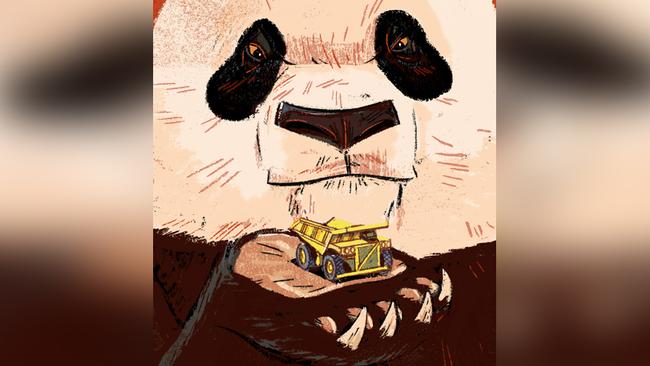
The Chinese students and migrants no longer coming to Australia because of pandemic-closed borders are the least and the most innocent of the effects we will feel as this relationship gets harder.
There’s the chill of Beijing’s effective suspension of “one country, two systems” in Hong Kong; abhorrence over casting a million Uighurs into concentration camps; consternation at the communist government’s increasingly intrusive hi-tech surveillance of all its citizens under the guise of “social credit”; dismay at the cyber attacks on Australian institutions for which China is never fingered but always blamed; and, on top of earlier anxieties about the militarisation of the South China Sea and an unprecedented arms build-up, there’s China’s obvious attempt to bully India in the Himalayas and its increasingly belligerent threats against Taiwan.
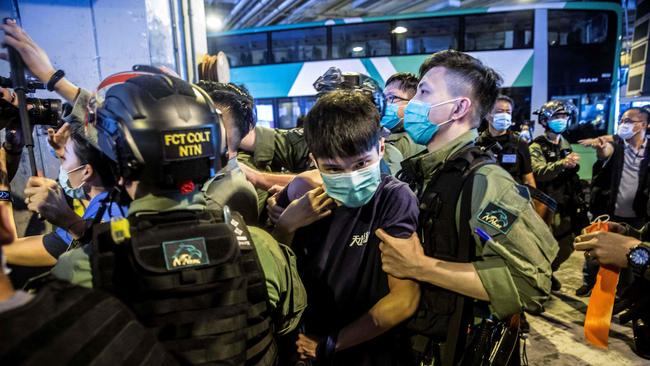
It’s hard to see how any attempt to take Taiwan by force would not invite a US response or how Australia could (or should) stand aside from assisting a fellow liberal democracy of 25 million people. Indeed, it’s hard to overstate the seriousness of this or the timeliness of Scott Morrison’s ominous warning about echoes of the 1930s.
But there’s something else going on that has serious implications for Australia, even if all the sabre-rattling to our north leads to nothing worse than a long-term cold peace.
Until very recently, it was almost an article of faith among Australian leaders that globalisation was all to the good. Plainly, the free movement of people (even between Australian states, let alone between all the countries of the world) has not survived our fear of the pandemic.
Then there was the sudden realisation that on everything from pharmaceutical drugs to surgical gowns and face masks, the world had become largely dependent on supplies that Beijing could withhold on a whim.
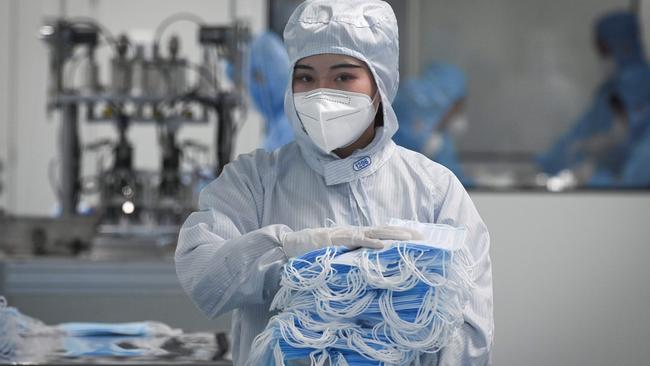
This has led to the further appreciation of just how deeply integrated are Chinese components into almost every Western supply chain, even those of the US military; and a dawning anxiety about the multitude of academic collaborations with Chinese institutions that could become another form of intellectual theft.
What’s staring us in the face is how strategically compromised we’ve become through a globalisation that made sense with countries that are largely like-minded and whose businesses are independent of the state, but not with a country where businesses are under the thumb of government and where Marxism-Leninism has reinforced traditional exceptionalism to turbocharge its restoration as the “Middle Kingdom”.
We’re now much more conscious of the Chinese government’s efforts to ingratiate itself via soft loans and political donations to the fragile states of the Pacific that we always regarded as our sphere of influence.
Even more serious, though, for our long-term economic security, are China’s efforts to redirect its resource-buying away from countries like us.
Every year, we export to China about $80bn of iron ore, $15bn of coal and about $7bn combined for copper, nickel and bauxite. All these key exports are at risk from suppliers that China is developing in countries with less exacting standards of environmental concern and political probity. Increasingly, China is turning to Indonesia and Russia for coal, Indonesia for nickel, and Guinea for bauxite and iron ore.
In Africa, especially, Western companies are finding it hard to compete because they can’t manage local politics as readily as Chinese-led consortiums. US regulators are investigating Rio for using local middlemen to facilitate its Simandou project in Guinea, the world’s largest undeveloped iron ore province. In the Democratic Republic of the Congo, Glencore is under similar investigation over its copper and cobalt operations.
But if, as a result, Rio and Glencore were to divest their African interests to Chinese rivals, not only would China have far less need for Australian iron ore, it also would have a near-monopoly on the cobalt that’s an essential component in the batteries we’ll need to power the electric cars that are becoming mandatory on our roads.
Chinese-run mines in Africa have poor safety records, low environmental standards and largely use imported Chinese labour (often prisoners) and even local child labour. They get away with this because they can bribe local officials and eliminate local troublemakers. It’s another case of China taking advantage of the rules-based global order while not operating under it.
Right now, our immediate worry is China temporarily stopping our coal, or barley, or wine exports to coerce our foreign policy by threatening our business interests. Still, as long as China relies on our commodities, this will hurt China more than it hurts us.
It’s when it no longer needs our commodities because it has established mines and farms in much more amenable places that we really will be vulnerable. And our own high-mindedness will be at least partly to blame.
Typically, Donald Trump is blamed for the world’s coming division into two rival trading blocs. In fact, it’s Chinese components in critical Western supply chains and Chinese theft of sophisticated Western technology that concerns him. Otherwise, he would sell as much as he could to China. The one country that would prefer to trade only with tributary states and always has used trade as strategy is communist China.



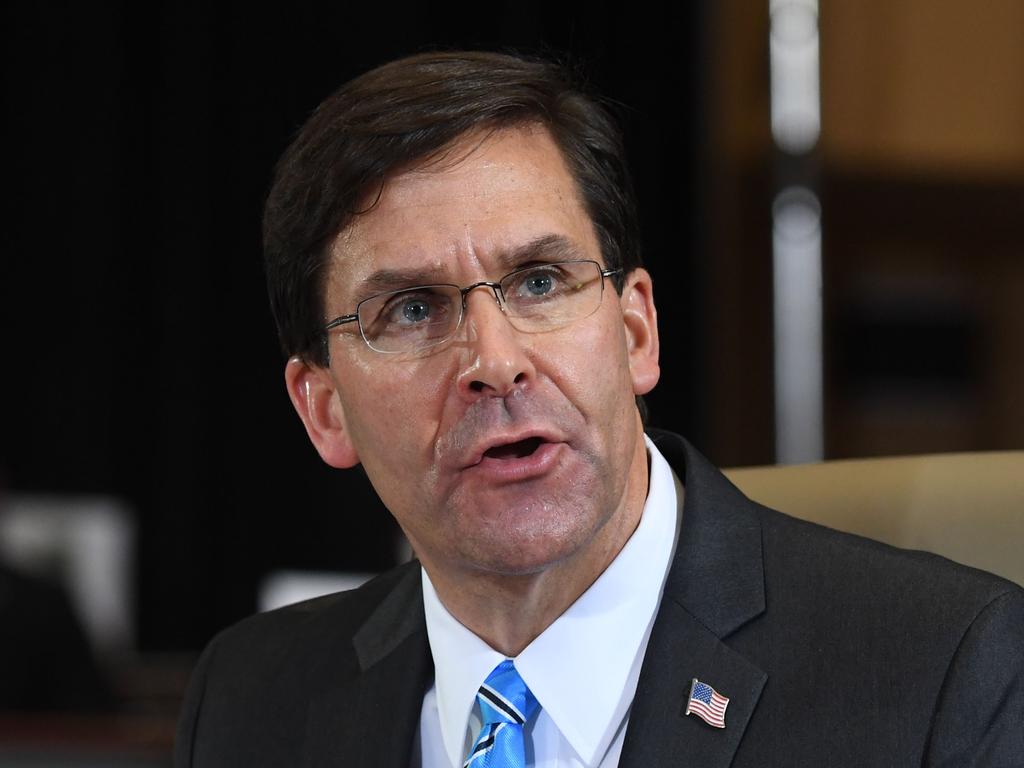

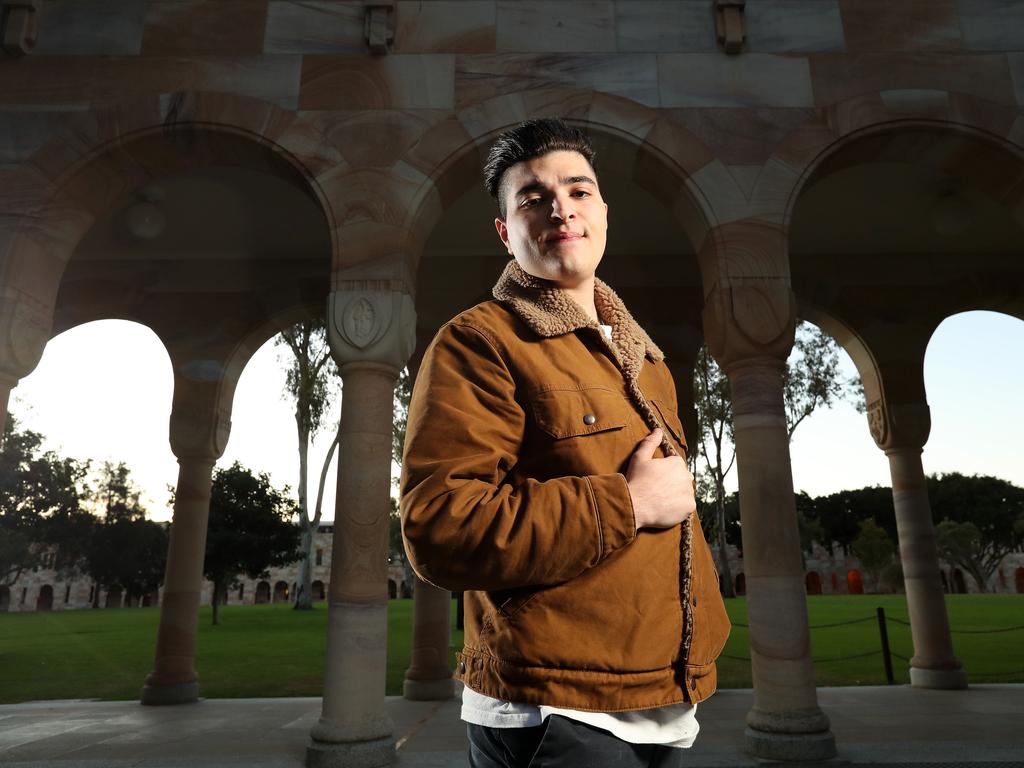


Even though one of the casualties of the coronavirus has been Australians’ starry-eyed view of China, we are still far from appreciating fully our dramatically changing economic and strategic circumstances. There is so much more happening right now in Australia-China relations than just a spat over the origins of a pandemic that the Chinese communist regime initially sought to cover up.